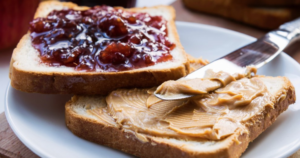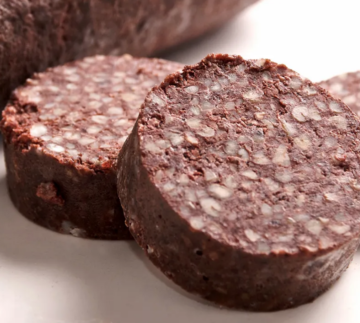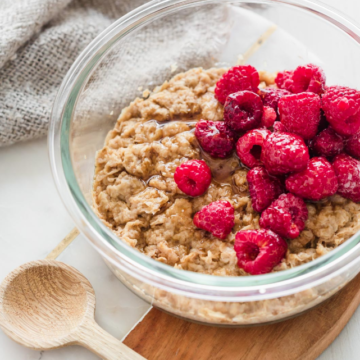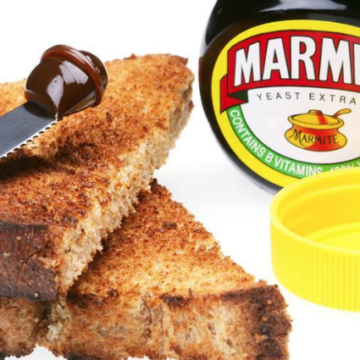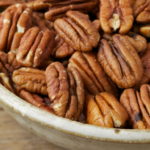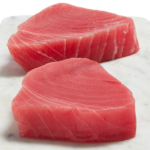Dogs are not only our faithful companions but also members of our families. As such, we want to give them the best of everything, including their diet. Can dogs eat peanut butter and jelly sandwiches, since they are a favorite treat among humans? This has been a topic of debate among pet owners and veterinarians alike, and for a good reason.
While peanut butter and jelly sandwiches may seem harmless, they can have adverse effects on your dog’s health if not consumed in moderation or made with the right ingredients. In this article, we’ll dive deep into the peanut butter and jelly sandwich debate, exploring the nutritional benefits and risks of feeding this treat to your canine friend.
So, grab a cup of coffee, sit back, and let’s explore the furry frenzy around this topic.
Peanut butter – is it safe for dogs?
Peanut butter is a popular ingredient in many dog treats and snacks. It is rich in healthy fats, proteins, and vitamins such as vitamin B and E. Additionally, it contains heart-healthy monounsaturated fats and polyunsaturated fats that are essential for a healthy coat and skin. However, not all peanut butter is safe for dogs.
Some peanut butter brands contain xylitol, a sugar substitute that can be toxic to dogs. Xylitol can cause a sudden insulin release, leading to hypoglycemia, seizures, and liver failure. Therefore, always check the ingredients list before giving your dog peanut butter. Stick to natural and unsweetened peanut butter brands that do not contain xylitol.
Also, peanut butter should be given to dogs in moderation. It is high in calories and can lead to obesity and other health problems if consumed in large quantities. Therefore, limit the amount of peanut butter you give to your dog, and always monitor their weight and overall health.
Jelly – is it safe for dogs?
Jelly is a sweet spread made from fruit juice and sugar. It is commonly used in peanut butter and jelly sandwiches, but is it safe for dogs? The answer is no. Most jellies contain large amounts of sugar and preservatives that are not suitable for dogs. Ingesting large quantities of sugar can lead to dental problems, obesity, and other health issues.
Additionally, some jellies contain xylitol, the same sugar substitute found in some peanut butter brands. Therefore, always check the ingredients list before giving your dog jelly. Instead of jelly, you can use fresh fruits such as bananas or blueberries as a healthy and safe alternative.
The nutritional value of peanut butter and jelly for dogs
Peanut butter and jelly sandwiches are a favorite snack among humans, but what about dogs? Peanut butter is a good source of healthy fats, proteins, and vitamins, while jelly is high in sugar and preservatives. Therefore, peanut butter and jelly sandwiches are not the healthiest snack for dogs.
However, if given in moderation and made with natural and unsweetened peanut butter, peanut butter and jelly sandwiches can provide some nutritional benefits to dogs. Peanut butter is a good source of healthy fats, proteins, and vitamins, while jelly can provide some vitamins and antioxidants.
The dangers of feeding peanut butter and jelly to dogs
Feeding peanut butter and jelly sandwiches to dogs can have some adverse effects on their health. One of the main dangers is the high sugar content in jelly. Ingesting large quantities of sugar can lead to dental problems, obesity, and other health issues.
Additionally, some peanut butter brands contain xylitol, a sugar substitute that can be toxic to dogs. Xylitol can cause a sudden insulin release, leading to hypoglycemia, seizures, and liver failure. Therefore, always check the ingredients list before giving your dog peanut butter.
Lastly, peanut butter and jelly sandwiches are high in calories and can lead to obesity and other health problems if consumed in large quantities. Therefore, limit the amount of peanut butter and jelly sandwiches you give to your dog, and always monitor their weight and overall health.
Alternatives to peanut butter and jelly sandwiches for dogs
There are many healthy and safe alternatives to peanut butter and jelly sandwiches for dogs. Here are some options:
1. Fresh fruits – Fruits such as bananas, blueberries, and strawberries are a healthy and safe alternative to jelly. They contain natural sugars and are rich in vitamins and antioxidants.
2. Yogurt – Yogurt is rich in probiotics, calcium, and protein. It is a healthy and safe alternative to peanut butter. However, make sure to choose plain and unsweetened yogurt.
3. Carrots – Carrots are a low-calorie and crunchy snack that can help clean your dog’s teeth and provide some nutritional benefits.
4. Nut butter – Nut butter made from almonds or cashews is a healthy and safe alternative to peanut butter. However, always check the ingredients list before giving it to your dog.
Tips for feeding your dog a healthy and balanced diet
Feeding your dog a healthy and balanced diet is essential for their overall health and well-being. Here are some tips:
1. Choose high-quality dog food that is rich in proteins, vitamins, and minerals.
2. Limit the amount of treats you give to your dog, and always choose healthy and safe options.
3. Avoid feeding your dog table scraps or human food, as most human food contains ingredients that are not suitable for dogs.
4. Always provide fresh and clean water for your dog.
5. Consult with your veterinarian if you have any concerns about your dog’s diet or health.
Conclusion
So, can dogs eat peanut butter and jelly sandwiches? They are a favorite snack among humans, but are they safe for dogs? While peanut butter is a healthy and safe treat for dogs when given in moderation and made with natural and unsweetened peanut butter, jelly is not suitable for dogs due to its high sugar content and preservatives. Therefore, always check the ingredients list before giving your dog peanut butter and jelly sandwiches. Instead, choose healthy and safe alternatives such as fresh fruits, yogurt, carrots, or nut butter. Lastly, always consult with your veterinarian if you have any concerns about your dog’s diet or health.
